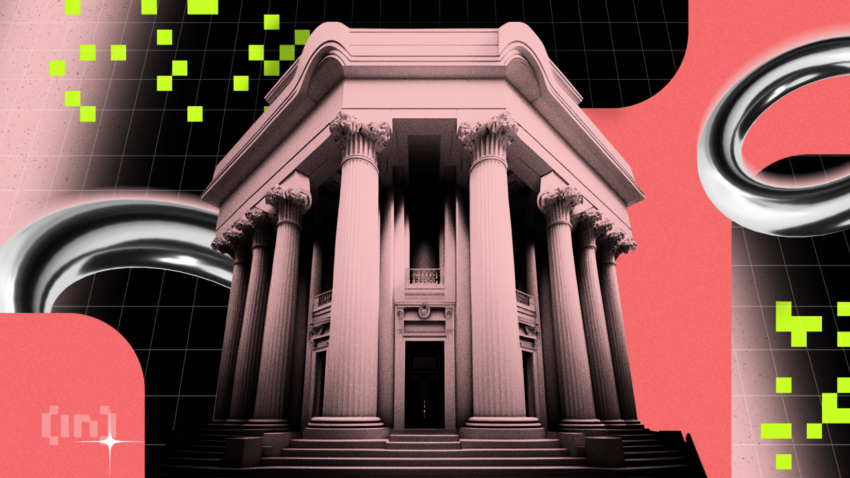The trial determining whether Australian computer scientist Craig Wright is Bitcoin inventor Satoshi Nakamoto entered its second week yesterday. Jonathan Hough, KC, the lead counsel for the plaintiff, the Crypto Open Patent Alliance (COPA), openly criticized Wright’s evasive answers.
Yesterday’s sixth day of the COPA vs. Craig Wright trial focused on whether Wright had the ability and time to invent Bitcoin.
Wright Admonished for ‘Irrelevant Allegations’
Early in the proceedings, Hough examined Wright’s technical expertise in C++, the language in which the software for Bitcoin was written. He alleged Wright’s plagiarism of a thesis, highlighting its similarities with another author, Hilary Pearson.

He also objected to the “irrelevant allegations” Wright offered in place of clear answers. Judge James Mellor agreed with Hough’s assessments.
“Counsel is quite right to stop you because it sheds no light whatsoever on the issue I have to decide. Do you understand?” Mellor asked.
Wright blamed Bitcoin developer Craig Maxwell for hacking his server years ago to frame him as a liar. He also made allegations against Haschash creator Adam Back, neither of which related to the question asked.
Read more: What is Hashing in Blockchain? The Basics Covered
He also retracted claims that he shared the Bitcoin authorship with Dave Kleimann. He previously admitted to emailing Kleimann’s father, saying that Dave and Wright were “key people” behind Bitcoin.
“The versions just keep changing, don’t they?” Hough asked.
Why Wright is Going to Such Lengths
According to Dr. Con Kolivas, a software engineer who developed Bitcoin mining machine software, Wright is unlikely to be Nakamoto. Kolivas said the court proceedings have revealed a “confused, ranting, raving,” person far from the clear thinker many esteem Nakamoto to be.
“I’ve never thought CSW had a hope in hell of being Satoshi and inventing bitcoin. But listening to CSW’s confused ranting, raving, misdirection, confabulation, diversion, distraction, and countless other tactics…I have to think that maybe…just maybe…He invented perjury,” Kolivas tweeted yesterday.
But Wright is going to great lengths for what he stands to gain. A victory in this case would give him ownership of the original Bitcoin code and Bitcoin whitepaper in 180 countries.
While cryptocurrencies cannot be patented, blockchains can. For example, Jack Dorsey’s payment company, Block Inc., holds a patent for a peer-to-peer intermediary blockchain infrastructure that enables its customers to settle everyday transactions in Bitcoin. Its competitor, PayPal, holds patents for crypto risk assessments and dispute resolutions over transactions conducted over a secondary blockchain.
Read more: Proof of Work and Proof of Stake Explained
Therefore, a victory by Wright could see him lay claim to certain technological aspects of the Bitcoin system. One is Nakamoto’s concept of triple-entry bookkeeping. Other candidates could be game theory concepts that prevent the concentration of Bitcoin mining power and the novel invention of proof-of-work built on Back’s Hashcash technology.
Trusted
Disclaimer
All the information contained on our website is published in good faith and for general information purposes only. Any action the reader takes upon the information found on our website is strictly at their own risk.


